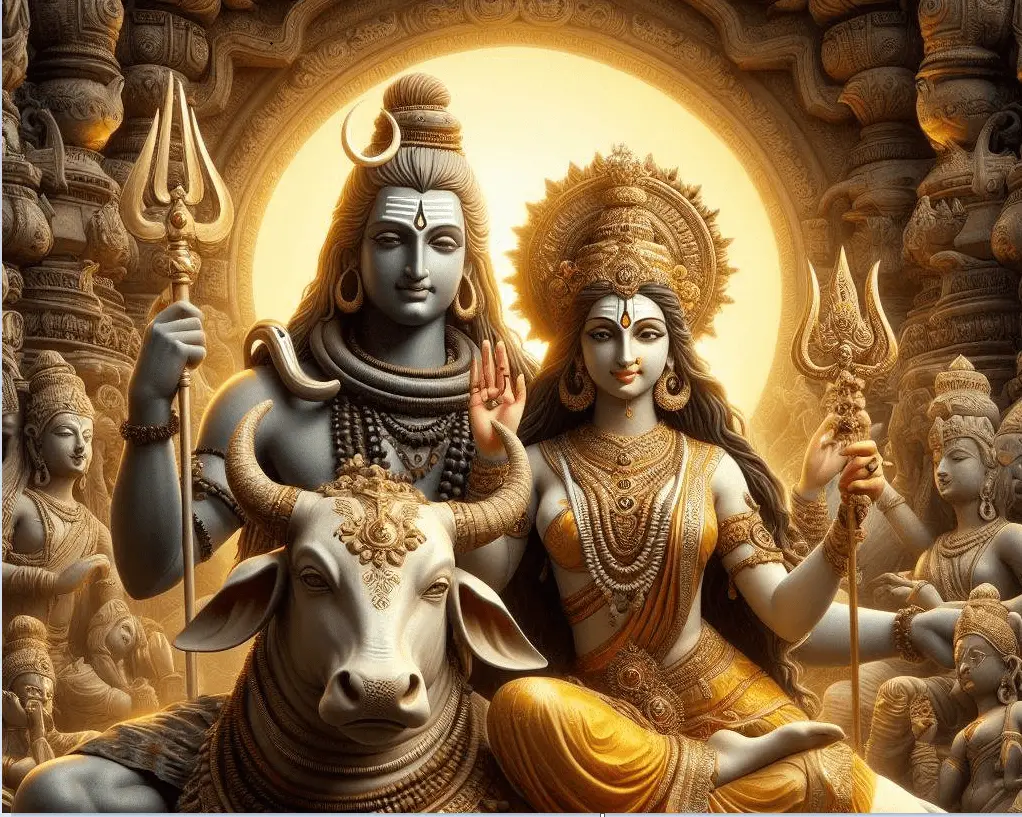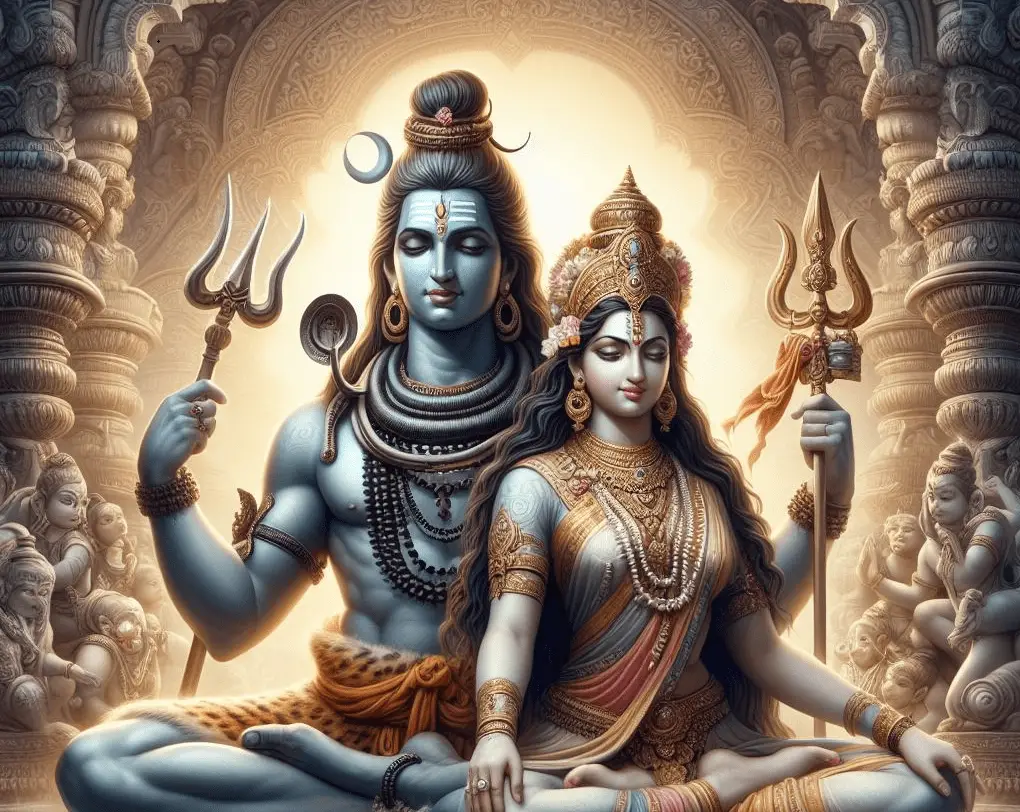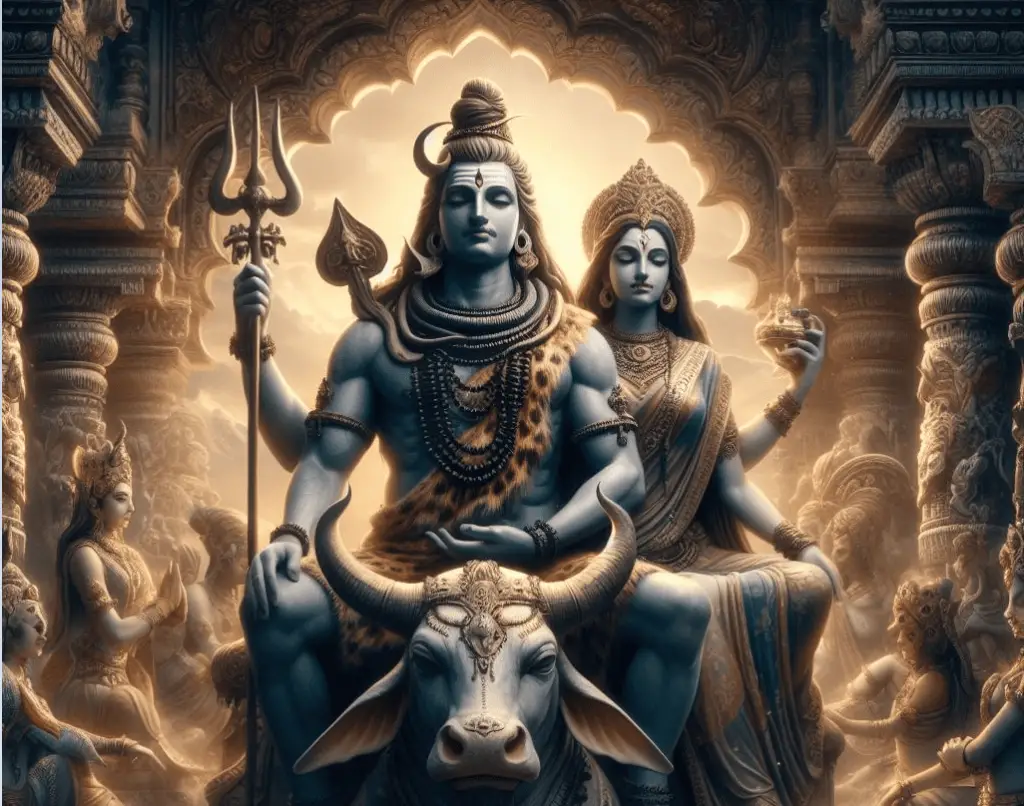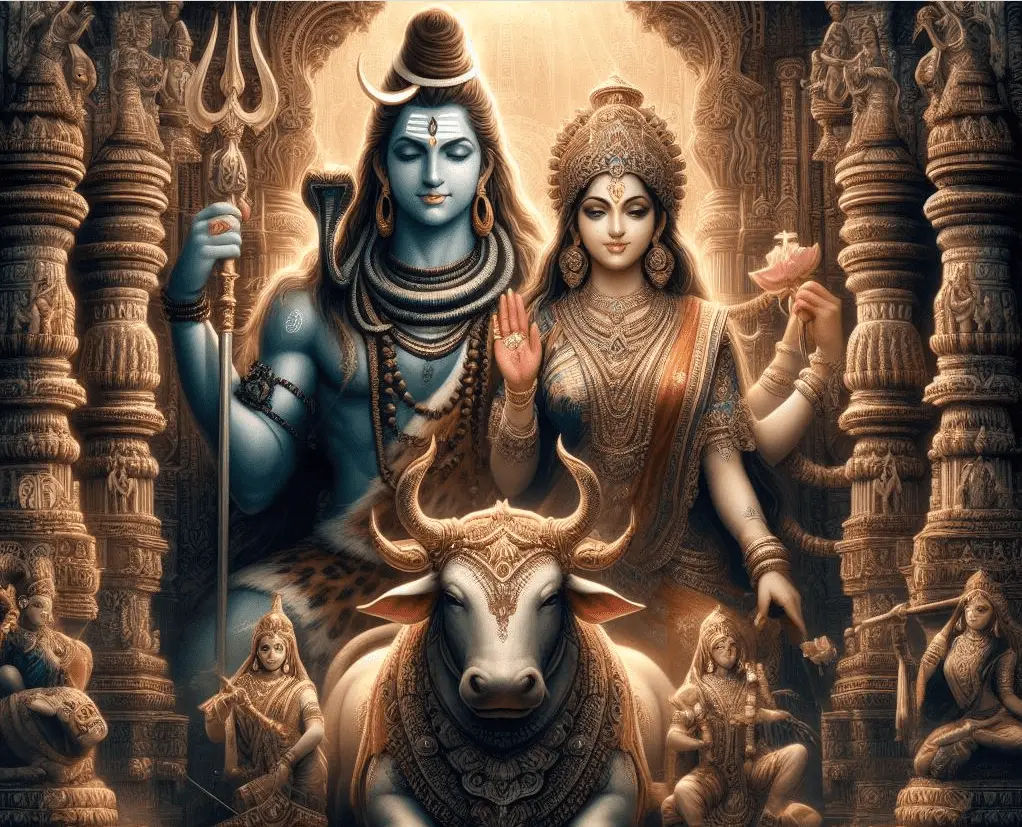Mahashivratri, “The Great Night of Shiva” is a night of special spiritual significance. MahaShivratri is primarily a day dedicated to the worship of Lord Shiva. MahaShivratri, also known as the Great Night of Shiva
According to Hindu mythology, MahaShivratri commemorates the day when Lord Shiva married Goddess Parvati
Sadhguru: In the Indian culture, at one time, there used to be 365 festivals in a year. In other words, they just needed an excuse to celebrate every day of the year. These 365 festivals were ascribed to different reasons, and for different purposes of life. They were to celebrate various historical events, victories, or certain situations in life like sowing, planting, and harvesting. For every situation there was a festival. But Mahashivratri is of a different significance.
“Mahashivratri is of great significance for all those who aspire for the Ultimate. May this night become an exuberant awakening for you.“
—Sadhguru
What is Mahashivratri and Why it is Celebrated?
In the Indian Hindu calendar, Mahashivratri, also known as “The Great Night of Shiva,” is the most important occasion.
Shivratri is observed on the fourteenth day of each lunar month or the day preceding the new moon. Mahashivratri, the twelve Shivratris that fall inside a calendar year, is most significant spiritually when it falls in February or March.
The planet’s northern hemisphere is positioned on this particular night so that people naturally experience an increase in energy. Nature is urging people to reach their spiritual peak on this particular day.
Importance of Mahashivratri
Mahashivratri is a very important occasion for spiritual seekers. It is also very important for those who are ambitious in the world and for those who are in family issues.
Family-oriented people celebrate Mahashivratri as the anniversary of Shiva’s marriage. For those with materialistic goals, that day marks the victory of Shiva over all his enemies.
In the yogic tradition, Shiva is not worshipped as a God, but considered as the Adi Guru, the first Guru from whom the science of Yoga originated

Spiritual Significance of Mahashivratri
- Renewal and Purification:
- Maha Shivaratri is a time for inner cleansing and renewal. Devotees fast, meditate, and seek forgiveness for past mistakes. It symbolizes shedding negativity and embracing purity.
- Just as Lord Shiva consumed the poison during the churning of the cosmic ocean, we too strive to purify our minds and hearts.
- Awakening Consciousness:
- On this night, devotees stay awake, engaging in prayers and meditation. It signifies awakening higher consciousness and connecting with the divine.
- By chanting “Om Namah Shivaya,” we invoke Shiva’s energy within us, transcending ordinary awareness.
- Union of Shiva and Shakti:
- Maha Shivaratri celebrates the divine union of Lord Shiva (the masculine principle) and Goddess Parvati (the feminine principle).
- Their cosmic dance represents the harmonious balance of opposing forces—creation and destruction, stability and change.

Significance of Shivratri
Light exists just momentarily in your mind. Because light happens and ends, it is always a finite possibility and is not eternal. The sun is by far the largest known source of light on Earth.
You could stop the light from the sun with your hand and leave a shadow of darkness in its wake. However, darkness permeates everything. Darkness is the devil, according to the crude brains that have always existed in our planet.
However, since only darkness is all-pervasive, it is clear that you are referring to the divine as darkness when you say that it is all-pervasive. It is present everywhere. It doesn’t require any assistance from anything.

What are the specific rituals performed during MahaShivratri?
Maha Shivaratri, the auspicious night dedicated to Lord Shiva, involves several significant rituals. Let’s explore them:
- Preparation and Purification:
- Devotees begin by taking a purifying bath to cleanse themselves physically and spiritually.
- They create a serene puja space, often adorned with flowers, leaves, and either a murti (statue) or a Shiva Linga (symbolic representation of Shiva).
- Sankalp (Resolution):
- A solemn vow is taken to observe Maha Shivaratri and seek Lord Shiva’s blessings.
- Abhishek (Offering):
- The central puja involves abhishek, the ceremonial bathing of the Shiva Linga.
- Devotees offer various sacred substances, including water, milk, yogurt, honey, ghee (clarified butter), and sugar. Each offering carries symbolic meaning—purity, nourishment, and devotion.
- Bilva Leaves:
- Offering bel (bilva) leaves holds special significance during Shiva puja. These leaves are believed to be dear to Lord Shiva.
- Chanting and Prayer:
- Devotees chant mantras like “Om Namah Shivaya”, sing hymns, and offer prayers throughout the puja.
- Some may also observe a fast or engage in meditation.
- Timing:
- The observance of Maha Shivaratri extends throughout the night.
- Traditionally, the puja is performed four times, divided into four “prahars” (periods):
- First Prahar: Evening (around sunset) to late at night.
- Second Prahar: Late night to midnight.
- Third Prahar: Midnight to early morning.
- Fourth Prahar: Early morning to sunrise.
- The most auspicious time for puja is midnight.
- Significance:
- Maha Shivaratri commemorates the marriage of Lord Shiva and Goddess Parvati, symbolizing the union of consciousness and energy.
- Devotees seek blessings for spiritual growth, overcoming challenges, and attaining moksha (liberation).
Remember that specific rituals and traditions may vary based on regional customs and individual preferences. Consulting local priests or religious texts can provide further guidance for specific practices. This overview captures the essence of Maha Shivaratri puja vidhi, rituals, and timing. 🙏🕉️







